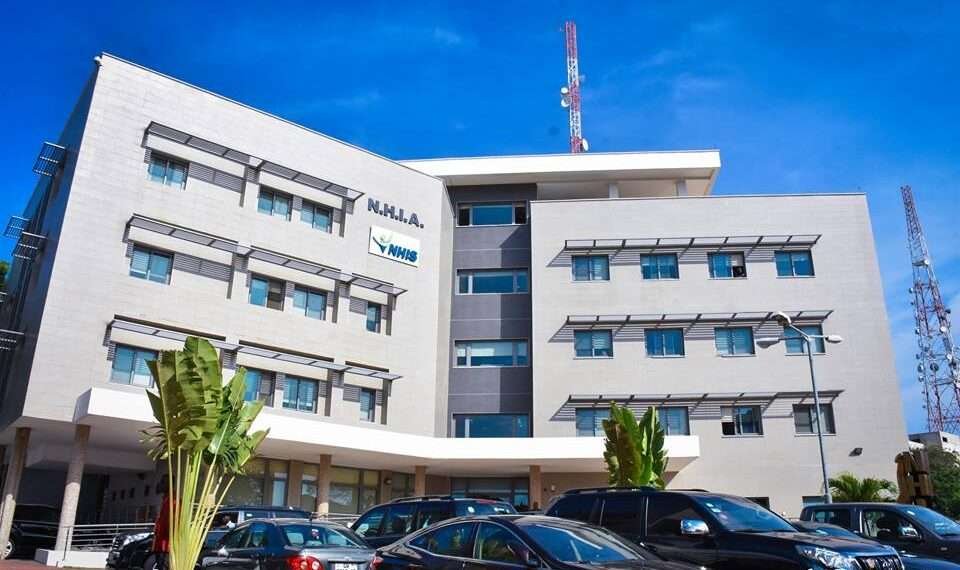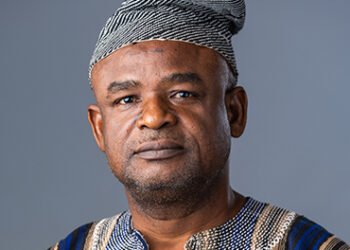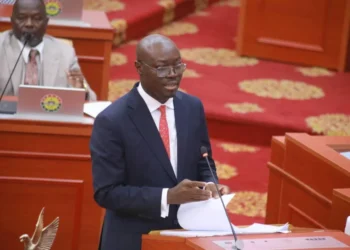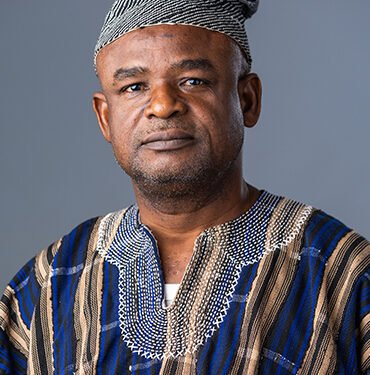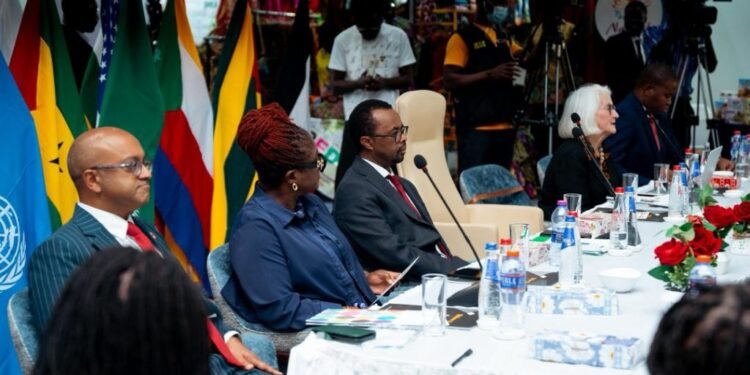The People’s National Party has urged the government and key stakeholders in the healthcare delivery system to address what it describes as a shift of the National Health Insurance Scheme (NHIS) into a “cash and carry system.”
In an interview with the Vaultz News following the party’s press release, the party’s Chairperson and founder, Madam Janet Nabila, expressed concern that the NHIS is no longer fulfilling its original mandate.
She cited widespread experiences among rural Ghanaians as evidence that the scheme is failing those it was designed to support.
The NHIS, overseen by its Authority under the Ministry, was originally introduced to cover basic medical expenses for Ghanaians accessing general healthcare services at hospitals and other health facilities.
“As we speak now, when they talk about an insurance or the NHIS, the way we understood it to be and how it was supposed to be practiced, this is not insurance anymore. Because the card that people hold and they sent to the hospital, they cannot be able to get services for the card; they are asked to pay. All people who use the NHIS card when they get to the Hospital have to pay.
“And the reason why we resulted in NHIS was to make sure that health is provided for those in need. Quality health care is provided for the needy and the vulnerable in society because the cash and carry system that was being practiced had so many people getting to the hospitals and dying, even when it was a co-payment. A lot of people say they would not go to the hospital because they had no money, and because of that, we brought in NHIS to be able to help in augmenting that.”
Janet Nabila
Madam Nabila expressed deep disappointment over the current state of the National Health Insurance Scheme (NHIS), describing it as shocking that a program meant to protect the poor and underprivileged has effectively turned into a costly and unjust “cash-and-carry” system.
She emphasized that the burden is growing heavier, and the government must act swiftly to resolve the issue, as many Ghanaians are being denied access to basic healthcare simply because they cannot afford to pay.
Although the NHIS was designed to offer universal health support to all Ghanaians, Ms. Nabila argued that this promise exists only on paper.

In reality, she claimed, many hospitals have reverted to cash-based operations due to the government’s failure to reimburse them on time. As a result, health facilities are compelled to charge patients for basic services that should otherwise be covered.
She explained that even in government-run hospitals, patients are often made to pay for primary healthcare services. “If you go for a consultation, they might give you that for free,” she noted, “but for most other services, you will be asked to pay—even in government hospitals.”
“So what I am saying is that, Ghanaians are paying 85% and the government is paying 15% when you try to do the Mathematics, when you use the NHIS and you try to do Mathematics”.
Janet Nabila
PNP Proposes “Sin” Tax To Rescue NHIS
The PNP, through its Chairperson, is urging the government to implement an additional 2.5% “sin tax” on cigarettes and alcoholic beverages as a means of generating more revenue to support the National Health Insurance Scheme (NHIS).
The aim is to ensure the scheme operates smoothly and without the financial challenges it currently faces.
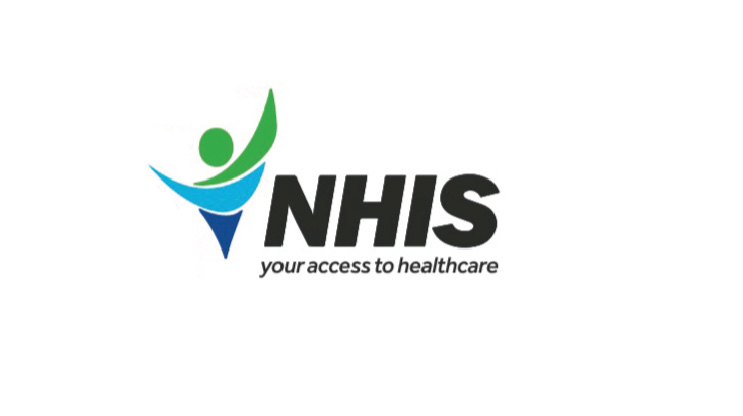
According to Janet Nabila, individuals who consume alcohol and smoke cigarettes are among the highest users of NHIS services when they fall ill.
Therefore, she believes it is only fair that they contribute more through taxes on these products to help sustain the scheme.
“Because we have people who are into alcohol and cigarettes, the majority of them, when they are sick, need more of the NHIS, more than those who are taking good care of themselves. So we are trying to prevent people from consuming as much alcohol as we can.”
Janet Nabila
She further explained that, rather than disbursing NHIS funds through the Consolidated Fund, the government should channel the monies directly into the accounts of the National Health Insurance Authority (NHIA) at the point of collection.
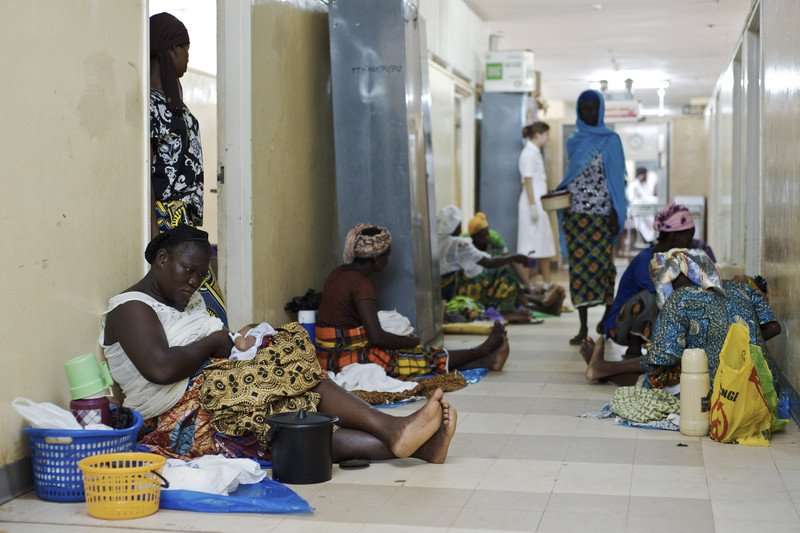
This, she believes, would enhance efficiency and improve distribution to health facilities, ultimately boosting the scheme’s overall performance.
The party has also called on the government to consider increasing the current 2.5% NHIS levy to generate additional revenue, ensuring the scheme fully meets its intended purpose of providing comprehensive primary healthcare coverage.
The Chairperson criticized what she described as the government’s “pretense” regarding the effectiveness of the NHIS, expressing concern over the scheme’s deteriorating state.
She emphasized the need for urgent, practical interventions to resolve the current challenges.
Instead of engaging in hospital tours, the PNP advised the Health Minister to concentrate efforts on identifying and addressing the structural flaws within the NHIS for the benefit of ordinary Ghanaians who are most affected by its shortcomings.
READ ALSO: Agradaa Reacts to Prophecy Doom for Vice President

